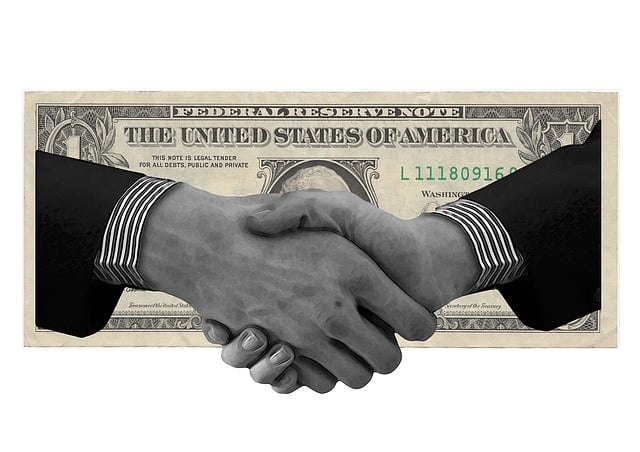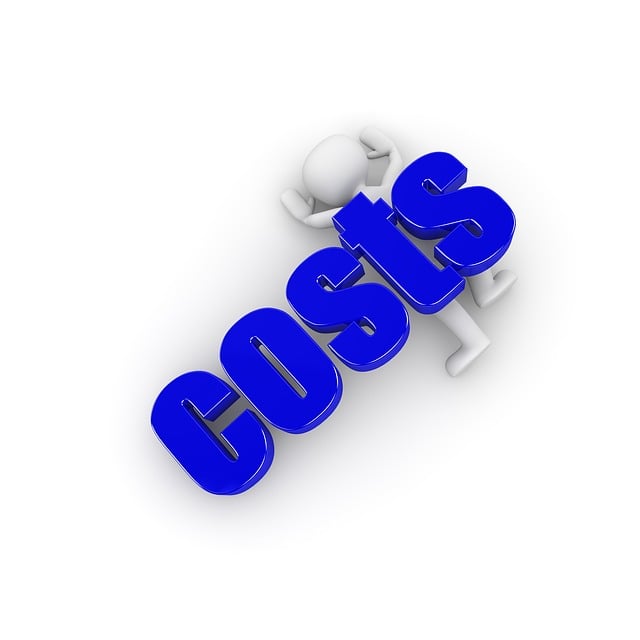When deciding between leasing and buying a property, conduct a thorough cost analysis considering leasing benefits like lower upfront costs and flexibility versus buying advantages such as long-term savings, tax deductions, and asset appreciation. Tax considerations, particularly on mortgage interest and property taxes, can significantly impact financial implications. Maintenance responsibilities also differ, with leasing shifting costs to landlords while buying includes ongoing maintenance expenses but offers building equity. The choice depends on individual financial circumstances and goals, with both options providing unique asset ownership advantages. A comprehensive analysis should weigh leasing benefits against buying advantages, accounting for tax considerations and financial implications.
When contemplating your housing options, understanding the pros and cons of owning versus leasing is crucial. This article provides a comprehensive comparison, delving into key factors like cost analysis, leasing benefits, buying advantages, tax considerations, financial implications, and asset ownership. By breaking down short-term vs long-term expenses, exploring lease flexibility, examining equity building, and considering tax breaks, you’ll gain insights to make an informed decision that suits your lifestyle and financial goals.
- Cost Analysis: Breaking Down Short-term vs Long-term Expenses
- – Compare initial costs for both ownership and leasing
- – Discuss ongoing maintenance, repair, and operational expenses
- Leasing Benefits: Flexibility and Convenience
- – Highlight benefits like lower upfront costs and the ability to upgrade frequently
- – Mention lease terms and options to extend or return the property
Cost Analysis: Breaking Down Short-term vs Long-term Expenses

When comparing ownership versus leasing, a thorough cost analysis is essential to understand the financial implications over time. Short-term expenses for leasing often appear lower due to the absence of significant upfront costs and the flexibility to terminate the lease early with relatively minor penalties. However, this convenience comes at a price; monthly lease payments can accumulate over years, contributing to higher overall expenditure compared to asset ownership.
In contrast, buying presents a substantial initial investment in terms of down payment and closing costs, but it offers long-term savings. While mortgage payments are generally fixed for a period, they typically represent a smaller portion of the household budget than lease payments. Furthermore, owning an asset provides potential tax advantages, such as deductions for property taxes and mortgage interest, which can mitigate financial implications over time.
– Compare initial costs for both ownership and leasing

When considering ownership versus leasing, a crucial aspect to evaluate is the initial cost comparison. While leasing offers the advantage of lower upfront expenses as no significant down payment is required, buying involves substantial initial outlay for a down payment and closing costs. However, this one-time investment can be seen as an asset—a tangible property that can appreciate over time, providing potential long-term financial benefits.
A detailed cost analysis should also factor in tax considerations. For instance, homeowners may benefit from deductions on mortgage interest and property taxes, which can significantly reduce the overall financial implications of ownership. Conversely, renters usually don’t enjoy these tax advantages but often have lower maintenance costs as most repairs are the responsibility of the landlord. The decision between buying and leasing ultimately hinges on individual financial circumstances and long-term goals, with each option presenting distinct asset ownership and leasing benefits.
– Discuss ongoing maintenance, repair, and operational expenses

When comparing leasing to buying a property, one key factor is the divergence in financial responsibilities regarding maintenance and repairs. Leases typically outline precise maintenance obligations, with landlords responsible for structural repairs and significant improvements. This can be a significant advantage, as it shields tenants from unexpected costs and offers stability in rent amounts. In contrast, homeowners bear all expenses related to maintaining and repairing their assets, which can include everything from minor repairs to major overhauls. A thorough cost analysis should account for these ongoing operational expenses, as they can have substantial financial implications.
While leasing provides immediate financial relief by shifting many maintenance costs onto the landlord, buying an asset offers long-term financial benefits through building equity and potential tax advantages. Homeownership allows individuals to deduct mortgage interest and property taxes from their taxable income, which can significantly reduce annual tax liabilities. Additionally, asset ownership provides more control over modifications and improvements, potentially increasing property value over time. These buying advantages must be carefully weighed against the leasing benefits in a comprehensive analysis of financial goals and lifestyle preferences.
Leasing Benefits: Flexibility and Convenience

Leasing offers a unique set of benefits that can be particularly advantageous for individuals and businesses alike. One of the primary advantages is flexibility—both in terms of term length and future options. Unlike buying, leasing allows tenants to lock in lower initial costs while retaining the ability to upgrade or change their assets periodically. This is especially beneficial for those who anticipate technology or market shifts that might render their current equipment obsolete.
Convenience is another significant leasing benefit. It alleviates the financial burden of a large upfront purchase and eliminates many maintenance headaches. Tax considerations also play a role; lease payments are often deductible, while the buyer bears the full brunt of property taxes and insurance costs for owned assets. From a financial implications perspective, leasing can provide more predictable cash flow, as monthly payments are consistent throughout the term, offering valuable budgeting certainty.
– Highlight benefits like lower upfront costs and the ability to upgrade frequently

For individuals and businesses considering their long-term housing options, a fundamental decision arises between purchasing an asset (ownership) or leasing (renting). While buying a property comes with significant financial commitments, there are distinct advantages to be had. One of the most prominent benefits is the potential for lower upfront costs compared to leasing. When you buy, you avoid the substantial initial expenses often required for a lease, such as security deposits and first-month rent.
Additionally, ownership provides the freedom to upgrade and modify the property according to preferences, which can be especially appealing in today’s dynamic market. This flexibility is absent in most lease agreements, where changes or improvements typically require landlord approval and may not be allowed at all. From a financial perspective, owning an asset can offer tax advantages, such as deductions for mortgage interest and property taxes, further alleviating the financial implications of homeownership. These benefits contribute to building wealth over time through increased equity.
– Mention lease terms and options to extend or return the property

When leasing a property, it’s important to understand the lease terms and options available for extension or return. Most leases come with specified durations, after which tenants have the choice to renew or move out. Some contracts may also include buy-out clauses that allow tenants to purchase the property at a predetermined price before the lease ends. These options can significantly impact financial decisions, especially when considering a long-term stay.
A thorough cost analysis should factor in both leasing benefits and buying advantages. Tax considerations play a crucial role; while renters may benefit from tax deductions for certain expenses, homeowners can enjoy substantial tax breaks on mortgage interest and property taxes. From a broader perspective, asset ownership comes with its own set of financial implications. The initial investment in real estate can be substantial but may also appreciate over time, offering long-term wealth creation potential.






